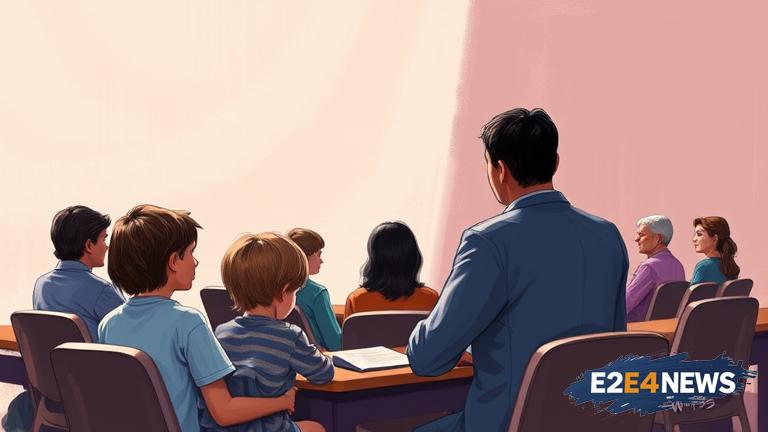The Warren County Public Schools board recently convened to discuss a proposal that would have allowed for early release Bible lessons. However, after careful consideration, the board ultimately voted against the proposal. The decision was made with the intention of maintaining a clear separation between church and state, as mandated by the US Constitution. This move has sparked a mix of reactions from the community, with some expressing disappointment and others relief. The proposal had been put forth by a group of parents who believed that Bible lessons would provide a valuable educational experience for their children. They argued that such lessons would help foster a sense of morality and ethics in young minds. On the other hand, opponents of the proposal raised concerns that it could potentially infringe upon the rights of students who do not identify with the Christian faith. They also pointed out that public schools should remain neutral on matters of religion. The board’s decision has been seen as a victory for those who champion the separation of church and state. It underscores the importance of public institutions remaining secular and inclusive of all beliefs. The issue of religious education in public schools is a contentious one, with different communities having varying opinions on the matter. Some argue that religious education can play a positive role in shaping the character of students, while others believe it has no place in public schools. The Warren County Public Schools board’s decision reflects the delicate balance that must be struck between respecting the religious beliefs of students and their families, and ensuring that public schools remain a space where all students feel welcome and included. The proposal for early release Bible lessons had been met with significant opposition from various quarters, including civil liberties groups and organizations that advocate for the separation of church and state. These groups had expressed concerns that the implementation of such lessons could lead to a blurring of the lines between church and state, potentially violating the Establishment Clause of the First Amendment. The Establishment Clause prohibits the government from making any law respecting an establishment of religion, effectively mandating the separation of church and state. In light of these concerns, the WCPS board’s decision to reject the proposal has been welcomed by many as a necessary step to uphold the principles of secularism and inclusivity in public education. The decision also highlights the importance of public schools being mindful of the diverse backgrounds and beliefs of their students. By choosing not to implement early release Bible lessons, the WCPS board has reaffirmed its commitment to providing an education that is inclusive and respectful of all students, regardless of their religious beliefs. This move is seen as a positive step towards fostering an environment where students of all faiths and backgrounds can learn together without feeling marginalized or excluded. The rejection of the proposal serves as a reminder of the critical role that public schools play in promoting tolerance, understanding, and respect for diversity. It also underscores the need for educational institutions to navigate complex issues like religious education with sensitivity and a deep understanding of the legal and ethical implications involved. As the debate over religious education in public schools continues, the WCPS board’s decision will likely be seen as a significant precedent. It demonstrates a clear commitment to upholding the principles of secularism and ensuring that public schools remain a space where all students can receive an education free from religious indoctrination. The community’s reaction to the decision will be closely watched, as it reflects the broader societal attitudes towards the role of religion in public education. In conclusion, the WCPS board’s vote against early release Bible lessons is a significant development that highlights the ongoing challenges of balancing religious freedom with the need for secular public education. It is a decision that will have implications not just for the Warren County Public Schools, but for the broader discussion on the place of religion in public schools across the country.
